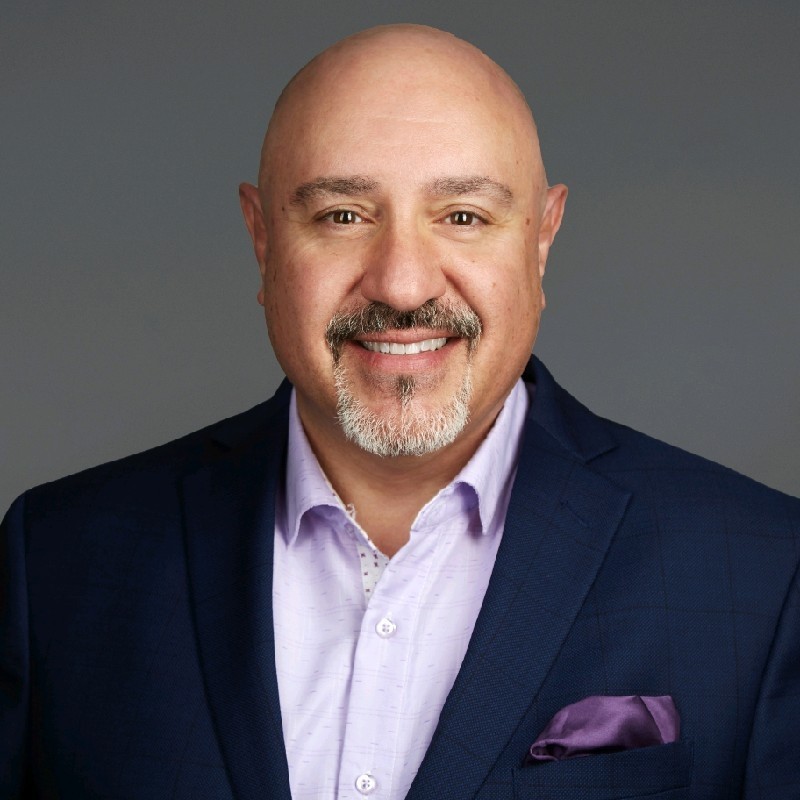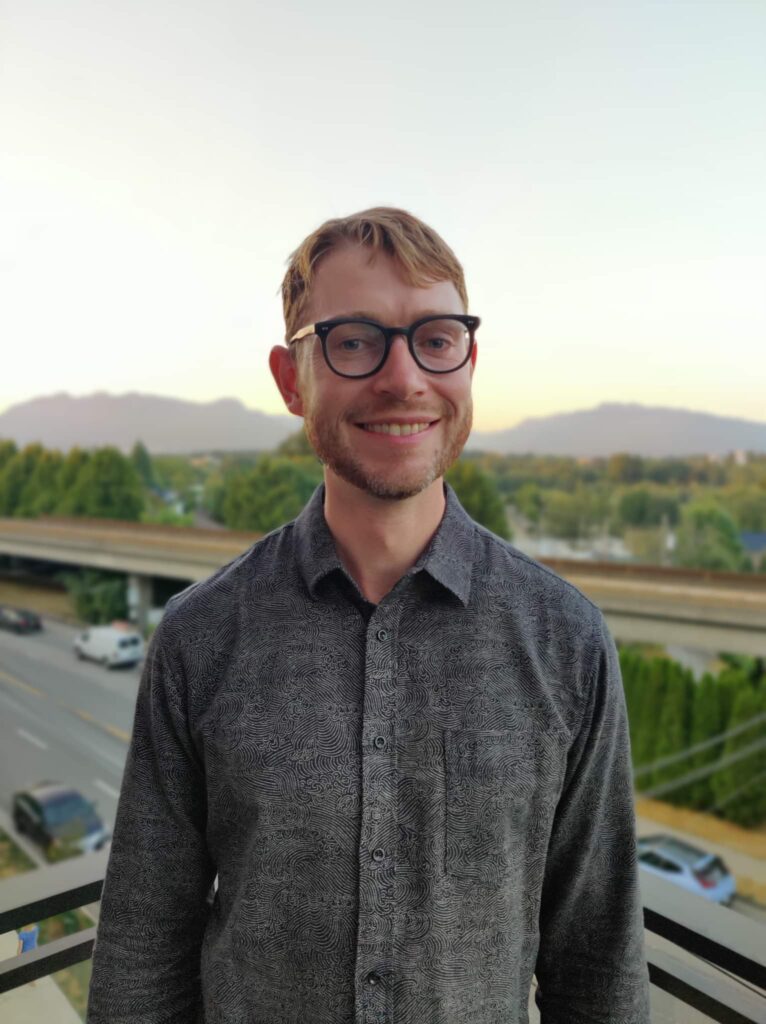
The Fourth Annual Healthy Cities Virtual Conference
November 12-13th, 2025
Session 1 – Nov 12th
| Session 1: City Leader Panel: Past, Present, Future of Healthy Cities in Canada |
|---|
| 1:00 pm-2:30 pm |
About the Session
This plenary session brings together a distinguished group of city leaders from across Canada to reflect on the evolution of the Healthy Cities movement. Panelists will share insights on past successes that have shaped healthier urban environments, examine the pressing challenges facing cities today, and explore future opportunities to advance equity, sustainability, and wellbeing. Together, they will highlight lessons learned, innovations in practice, and emerging priorities, offering participants a national perspective on what it will take to build healthier cities for the next generation.
Guest Speakers

Nectar Tampacopoulos
Infrastructure, Development and Environment, Environmental Services, City of Guelph
Nectar graduated from the University of Toronto with a Bachelor of Science degree with a Major in Biology and Minors in both Psychology and English studies, he promptly put his degree to work as a Chef for 15 years. At some point along the way he decided to go into a career in municipal works starting out as a Water/Wastewater Operator with Peel Region and a new calling began. Now with over 20 years in municipal service Nectar currently serves as the General Manager of Environmental Services for the City of Guelph. Overseeing the Water, Wastewater and Solid Waste Divisions whose key initiatives are focused on sustainability, regulatory compliance, environmental stewardship, and operational excellence. Nectar is a keen lover of dogs and a long-suffering Toronto Maple Leafs fan.

Peter Marriot
Senior Social Planner, City of Vancouver; Healthy City Research and Data Team
Peter Marriott works as a Senior Social Planner at the City of Vancouver. In this role, he leads a team responsible for the ongoing implementation, monitoring, evaluation, development, and renewal of Vancouver’s Healthy City Strategy as the City’s overall social sustainability plan. The Healthy City Strategy aligns work across the City and other sectors toward common outcomes that address inequities in the determinants of health and work toward a sustainable city that enables the best possible health and well-being for all. He also coordinates the team that develops and delivers complex mixed-methods research and data analysis across all aspects of municipal social policy. The team collectively focuses on developing strong data and research partnerships, managing datasets and building systems, leading thoughtful analysis and data visualization, engaging communities through knowledge translation, exploring equitable and community-grounded approaches to data, and applying research to support evidence-informed social policy.

Reed Clarke
Current City Council Runner for Edmonton
Reed brings a proven track record of community leadership, from his time as CEO of the Canadian Elite Basketball League, Edmonton Stingers and Sport Edmonton to launching initiatives like The Fresh Nets Foundation, which revitalizes public spaces and creates opportunities for youth. Known for turning ideas into lasting impact, he has united diverse stakeholders, secured funding, and delivered results that strengthen neighbourhoods and improve quality of life. With an entrepreneurial spirit and a commitment to inclusive, practical leadership, Reed is running with the Better Edmonton Party to champion responsible governance, invest in grassroots efforts, and ensure every community in Nakota Isga feels supported and set up for success.
Moderator – Dr. David Ma
Dr. Ma is a professor in the department of Human Health and Nutritional Sciences (HHNS) and Director of the Guelph Family Health Study (GFHS) at the University of Guelph. His research has produced nutrition papers on a wide range of topics from cells and experimental models of cancer to family nutrition. As the Director of the GFHS, a longitudinal cohort study of families with young children, he leads a team of investigators and trainees to better understand determinants of health. The goal is to develop tools and approaches to support healthy behaviours for the prevention of chronic diseases. Beyond the lab, he is a member of the City of Guelph-Smart Cities team, which was awarded an Infrastructure Canada grant to develop, Our Food Future, Canada’s first circular economy. As a member he participates in the nutritious food workstream. Building on the work of Our Food Future, he is a co-lead of the SMART Training Platform, the first CIHR-NSERC-SSHRC shared tri-council training grant. This is a 6-year endeavour connecting 10 academic institutions across Canada and nearly 50 co-investigators and collaborators to build capacity in implementation science to advance healthy cities research and train the next generation of leaders.

